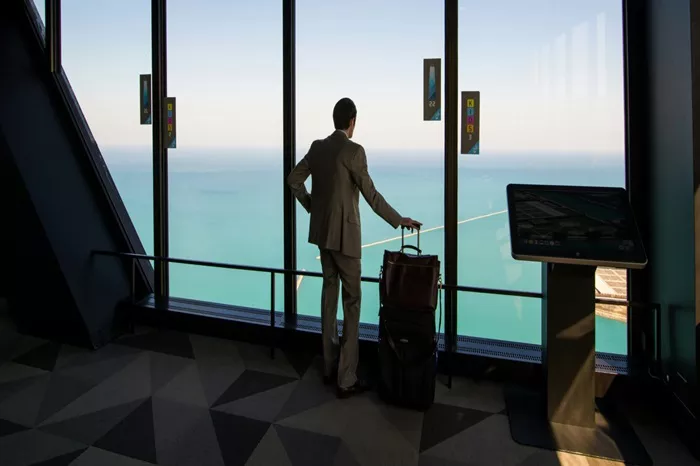The absence of sustainability targets among major companies with large business travel footprints is raising significant concerns. As in previous years, a ranking has identified 25 global companies— including Google and Apple— that have the largest business flight emissions but no climate action targets. These businesses, some of which claim to lead in green practices, have yet to set credible goals to reduce their environmental impact. Together, their flights emit a total of 6.9 million tons of CO2 annually. This is equivalent to the climate footprint of 48,000 single flights from Paris to New York, or 1.3 times the annual aviation emissions of Belgium.
Additionally, at least 19 of these top flyers—or their CEOs—own or charter private jets. Companies such as Johnson & Johnson and Meta are among those contributing to this trend.
The business travel records of companies like JP Morgan Chase, Merck, and Bosch are particularly concerning. These top-flight businesses in the finance, pharmaceutical, and manufacturing sectors have increased their emissions since 2019, with emissions rising by 41%, 29%, and 3% respectively.
However, there is evidence that reducing business flight emissions is both possible and compatible with success. Companies like AstraZeneca, Tetra Pak, and Swiss Re show that cutting down on business flying can lead to significant reductions in emissions. AstraZeneca set a target in 2020, resulting in a 52% drop in its business flying emissions since 2019. Tetra Pak, which set its target in 2019, reduced emissions by 41%, while Swiss Re, which committed to a target in 2020, cut emissions by 67%. These companies are leading the way in their respective sectors in addressing the climate impact of business travel.

